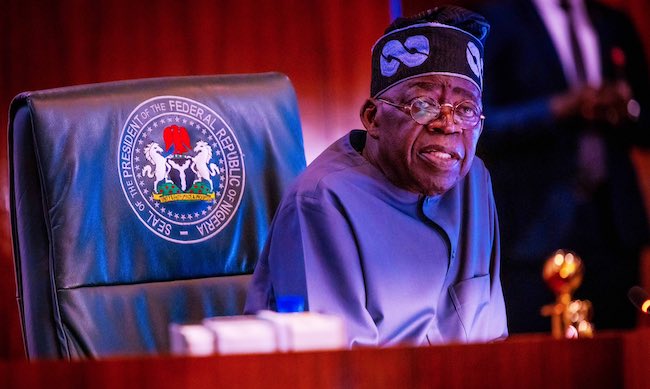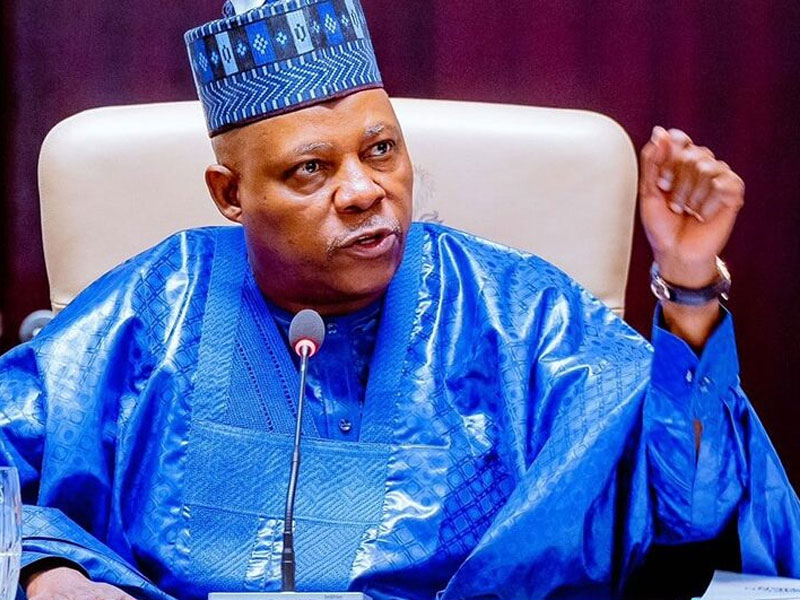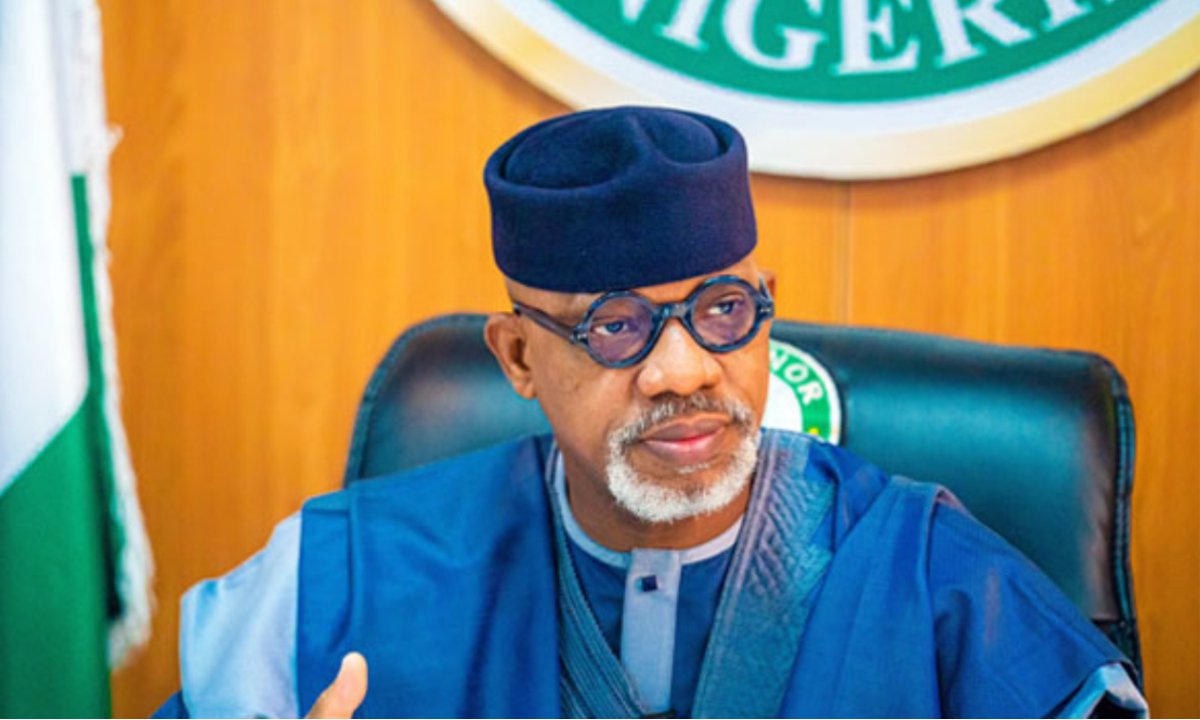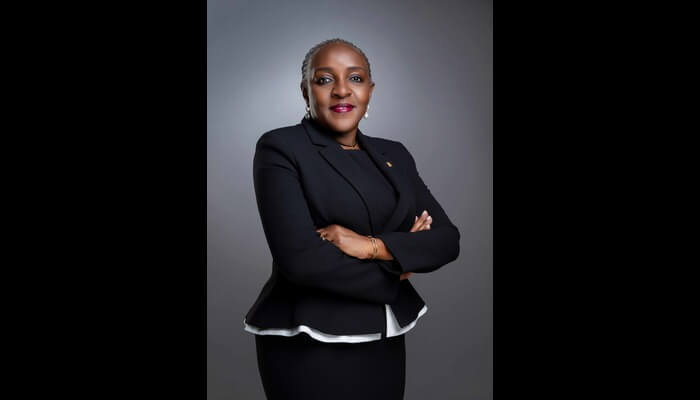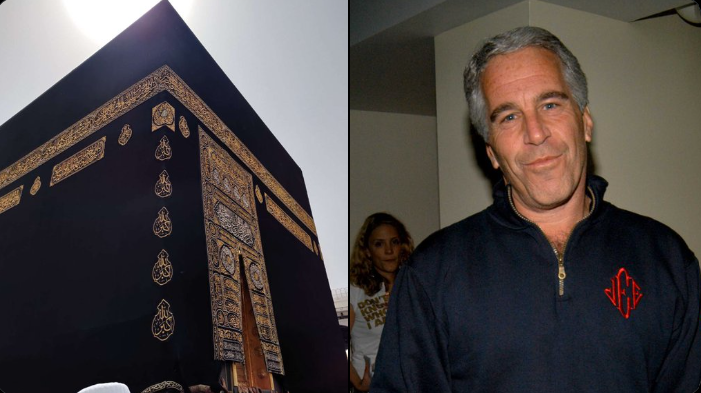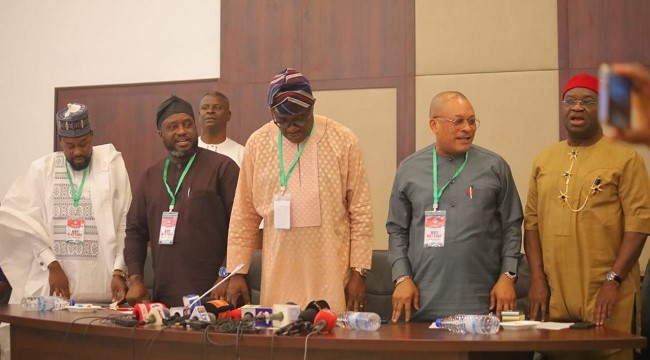Experiential marketing in Nigeria is shifting towards hyper-personalisation, immersive storytelling, and tech-driven engagement to meet evolving consumer demands
[dropcap]N[/dropcap]igeria’s experiential marketing industry is undergoing a transformation as brands move from traditional activations to hyper-personalised, immersive brand experiences.
Also read: Tolulope Medebem sets another record, emerges EXMAN president
Today’s consumers demand more than just product placements—they seek meaningful interactions that align with their values and lifestyles.
Research from McKinsey reveals that 71% of consumers expect personalised engagement, and 76% become frustrated when brands fail to meet these expectations.
This trend is even more pronounced in Nigeria, where digital-savvy consumers crave experiences that integrate their evolving identities.
Tolulope Medebem, President of the Experiential Marketers Association of Nigeria (EXMAN) and CEO of Aster Integrated Marketing Limited, underscores the importance of hybrid and immersive experiences.
“Consumer behaviour is evolving daily, and attention spans are getting shorter,” she explains.
“To capture and hold attention, brands must put consumers at the centre of every experience. They no longer want to be just an audience; they want to be seen and heard.”
As a result, Augmented Reality (AR) and Virtual Reality (VR) are gaining traction in Nigerian marketing, creating multi-sensory experiences that extend beyond physical activations.
A 2024 Webnus study found that 70% of event professionals now prioritise hybrid formats, blending in-person and digital engagement.
Beyond technology, cultural storytelling is emerging as a powerful differentiator.
According to Novatia Consulting, over 70% of Nigerian consumers are influenced by social media in their purchasing decisions, making localised narratives a vital strategy.
Beverage brands, for example, have successfully leveraged cultural identity to foster deep consumer connections.
With more than 60% of Nigeria’s population under the age of 25, youth-centric marketing is set to dominate in 2025.
Medebem notes that gamification, social media activations, and tech-driven events will shape brand strategies.
“Music, fashion, and digital experiences will take centre stage as brands look to connect with Gen Z audiences,” she states.
A report by Insider Intelligence supports this claim, revealing that 90% of Gen Z consumers expect brands to engage them through digital and social media-driven experiences.
Retail experiences are also evolving beyond transactions, with brands exploring pop-up stores, interactive activations, and live demonstrations.
A study by Accenture found that 64% of consumers prefer brands that offer more than just sales. To meet this demand, Nigerian retailers are focusing on immersive experiences that drive brand loyalty and engagement.
Sustainability is another critical factor shaping the industry. Research from Nielsen indicates that 73% of consumers are willing to change their habits to reduce environmental impact.
Medebem stresses that brands must embrace eco-friendly practices, including material recycling and waste reduction, to stay competitive.
As experiential marketing in Nigeria continues to evolve, adaptability and innovation remain key.
Medebem’s advice for marketers in 2025 is clear: “As we navigate the evolving landscape, it’s essential to stay focused on creating meaningful connections with audiences.”
Also read: EXMAN president, Tolu Medebem, congratulates newly appointed information minister, Alhaji Malagi
Brands that embrace personalisation, technology, and sustainability will lead the industry in the coming years.
Source: Read more at theheute.com.ng









